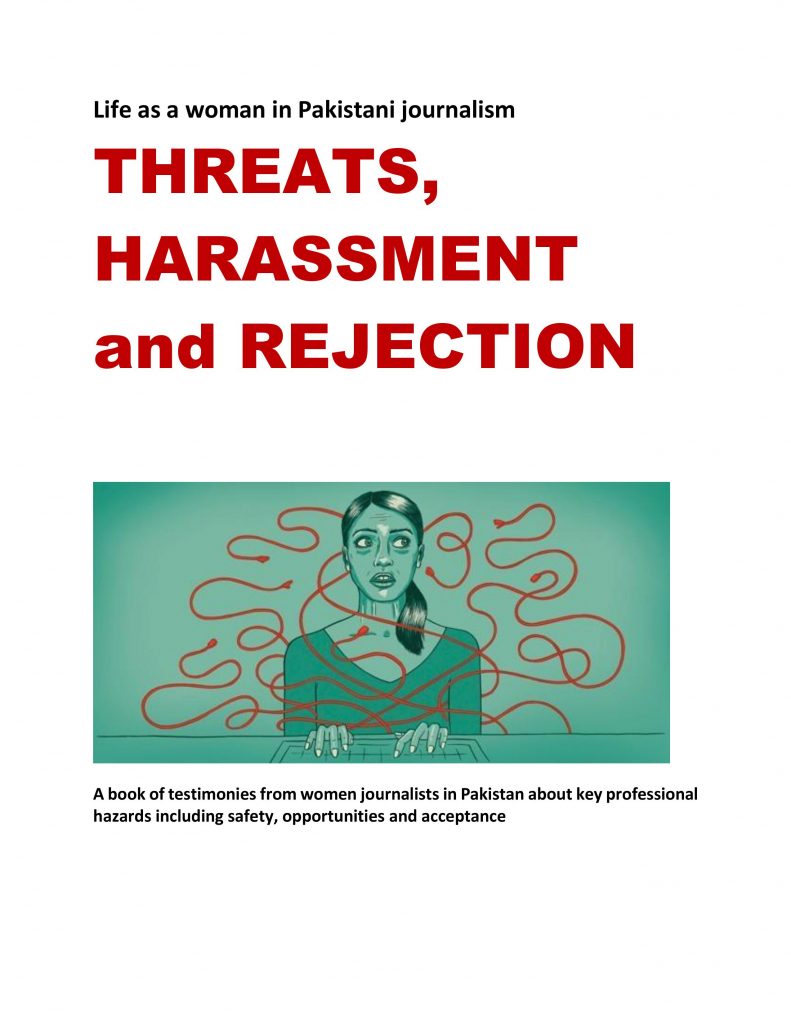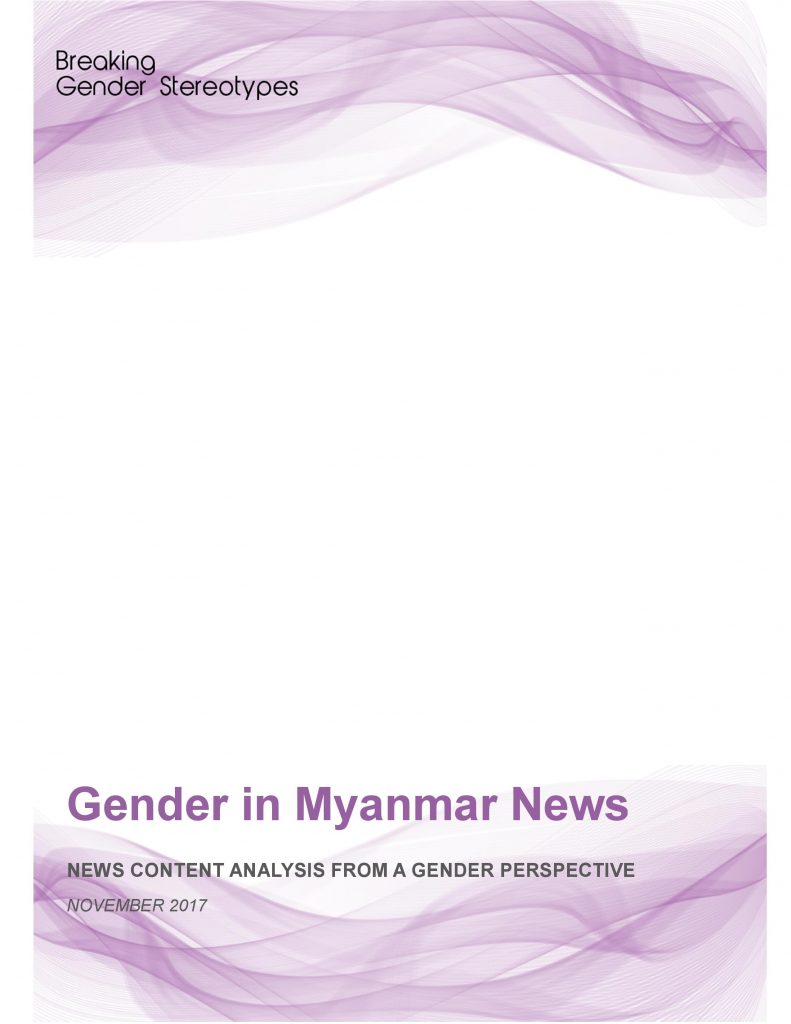No sex – no job! A New Year’s wish for the #Metoo movement
Since the onset in October 2017 social media as well as traditional media has veritably exploded with #metoo stories; women revealing tales of sexual harassment and abuse from male colleagues. Across industries and countries public figures and private people have shared information about how they’ve been harassed or abused in public places or within families.
On Facebook, the hashtag #metoo was used by more than 4.7 million people in 12 million posts during the first 24 hours. Now, months later, it should no longer be possible that anyone will be able to ignore the problem of sexual harassment or dismiss it as a minor problem only happening to a few.
The media branch is no exception. Female journalists globally are exposed to harassment from colleagues and bosses and from people they interview. Worse, some are assaulted or even raped in public places, when there’re out working. Remember the assaults of female reporters on Tahir square in Egypt?
Online, tales galore from all over the globe of how outspoken women are met with explicit descriptions of how they will be raped – and of how a dick-pic has become a way too common method of debating.
Reports on government corruption and President Duterte’s “war on drugs” have led to daily harassment for Maria Ressa, CEO and executive editor of Rappler, a Philippine independent news media platform combining professional journalism with citizen journalism. An average of about 2,000 ‘ugly’ messages a day on her personal Facebook page is not unusual, she explained at an IMS event in Copenhagen in November 2017 and in this interview.
explained at an IMS event in Copenhagen in November 2017 and in this interview.
Recently, IMS published the report “Threats, Harassment and Rejection – Life as a Woman in Pakistani Journalism”, containing about 50 testimonials of the harsh reality of harassment, misogyny and sidelining of female journalists. One of testimonials are from Shaista Seham, a journalist living in Islamabad in Pakistan. Once, the editor of the newspaper where she worked, invited her to a room that he had reserved for taking rests, saying that they could talk about professional issues in a relaxed environment. Shaista refused. To punish her for refusing sexual advances she was removed from her job and her stories stopped.
This is, unfortunately, not an exception.
In another recent IMS report Sosan, a female journalist in Kabul, says that “There are no women in Afghanistan who have not been subjected to sexual harassment. All of us, from the time we leave home until we return, are subjected to harassment in different forms, ranging from perverse comments to being shoved, touched when the opportunity presents itself, and showered with insults. They all harass us.”
The consequences of sexual harassment are severe; for the individual as well as for society. When women must go to work anxious about harassments, they lose efficiency. Female journalists may say no to attractive assignments, if it includes that she will have to deal with colleagues known to harass. As I have recently read in our report on ‘Gender in Myanmar News;’ Not rarely are editors reluctant to give female journalists assignments due to safety concerns, but why not assure that her security needs are met?
 As in the case of Shaista Seham, career opportunities are lost when the manager offers the job in exchange of sexual favors.
As in the case of Shaista Seham, career opportunities are lost when the manager offers the job in exchange of sexual favors.
Finally, sexual harassment in all industries result in higher levels of sick leave among the victims and therefore also resulting in an economic loss for both the individual and the employer. Sexual harassment and assault is a grave matter in an of itself, but also becomes a real threat to women’s careers, participation in the public debate and to their freedom of expression.
One reason harassments can go on is that women feel ashamed and are shamed for talking about it.
Many women fear to be mistrusted, ridiculed, or even punished when reporting a sexual assault to her superior or the police. Women in conservative countries might be afraid that the family will find out and hold her responsible. At the same time, a man who brag that they “grab women by their p*ssy” can become a president.
And that’s why a campaign like #metoo is so powerful. Refusing the shame and stigma is the most essential and most powerful weapon against the impunity of sexual harassment.
There’s plenty of more we, as the global media development community, can do. The women journalists in Pakistan wish to see self-defense training for women, effective laws and policies in place, more women in the media houses, transport facilities to enable her to get to and from assignments without the constant groping in public transport, strong female role models and male champions, support networks and proper security arrangements that cater to the real and everyday needs of women. As a global community, we owe it to the women and men who leaped forward and shared their stories to do everything in our power to stop this misogynic practice of censorship.
2017 was the year when we broke the silence and began talking.
Let’s make 2018 the year when we move from words to actions.




